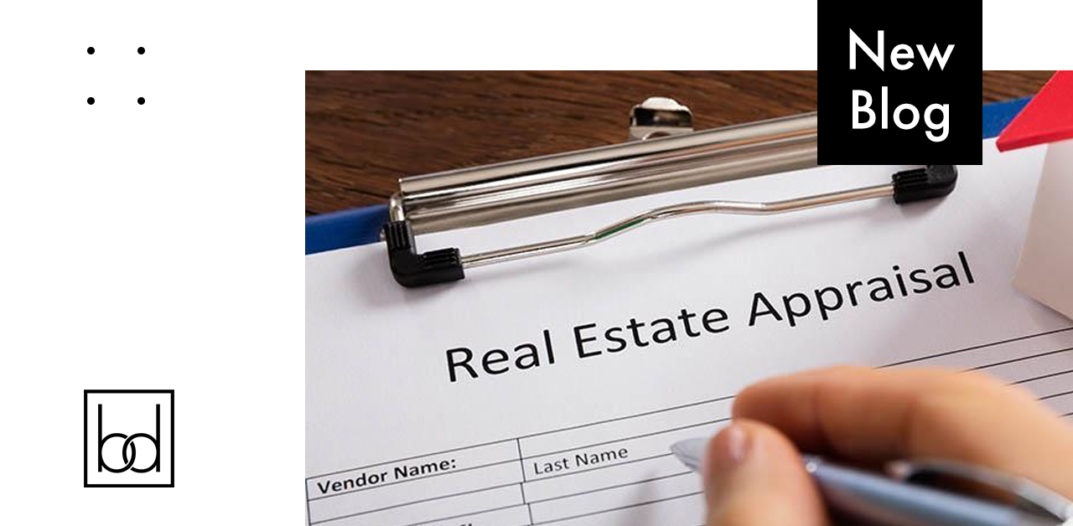
If you have ever purchased or sold a home, then you are familiar with the part of the home sale process known as the appraisal. But what exactly is an appraisal, and why is it important for you to have one?
An appraisal is an official valuation of the property in question, conducted by a trained and authorized individual. Appraisals are particularly important for any prospective buyer who will be taking out a loan in order to purchase a home. When you apply for a loan to make a home purchase, the bank will request an appraisal of the home as a way of deciding how much money to give you.
Unexpected Appraisal Results
A less than expected appraisal can be the death of a real estate deal. Suppose you want to purchase a property listed at $600,000, but the official appraisal comes back showing the home is worth only $525,000. You now have a $75,000 difference that you will need to either cover in cash when you make the purchase, or you may want to renegotiate or even reconsider the purchase. Even if you have the cash readily available, paying significantly more than a home is worth is not a wise financial decision.
What if you are the seller in the above scenario? Finding out that your home is worth a lot less than you expected can be a major blow. This is why it is so important that your appraisal be conducted by an experienced professional who is well-versed in the local area in which you live.
What You Should Know About the Appraisal
Choose the Right Appraiser: Qualified appraisers should be licensed or certified, and they should have experience in your town, preferably even in your neighborhood. Federal regulations state that an appraiser must be impartial, and have no direct or indirect interest in the transaction. So while your cousin or brother-in-law may be an experienced appraiser neither are a good fit for your home. Specific loans may have additional requirements for appraisals – Fannie Mae requires that appraisers certify that they have experience appraising similar properties in the same area as the one they are appraising.
Be Aware of Influencing Factors: Your house isn’t the only thing the appraiser will look at when making calculations. They will also take into consideration recent sales of similar properties, along with current market trends. Aside from the age and condition of your home, the appraisal will also factor in amenities such as patios and pools, along with the number of bedrooms, floor plan functionality and more details.
Your Home Will Be Viewed Inside and Out: The appraiser will take a look at every aspect of your home, and they are required to make note of anything that could adversely affect the property’s value, such as repairs that are needed. You may prefer not to replace the roof or an aging deck unless requested after an inspection, but if these items negatively impact your home’s value, it might be time to rethink those repairs.
There’s a Uniform Appraisal Report: Most appraisers use Fannie Mae’s Uniform Residential Appraisal Report for single-family homes. This report includes a number of questions that are answered for every home appraised, such as the neighborhood location, recent nearby sales, and appearance of the home’s interior and exterior. The report will also include a street map showing the appraised property, an exterior building sketch, an explanation of how the square footage was calculated, along with photos of the home. After filling in all of this information, the appraiser offers an educated analysis and conclusion about the property’s value.

